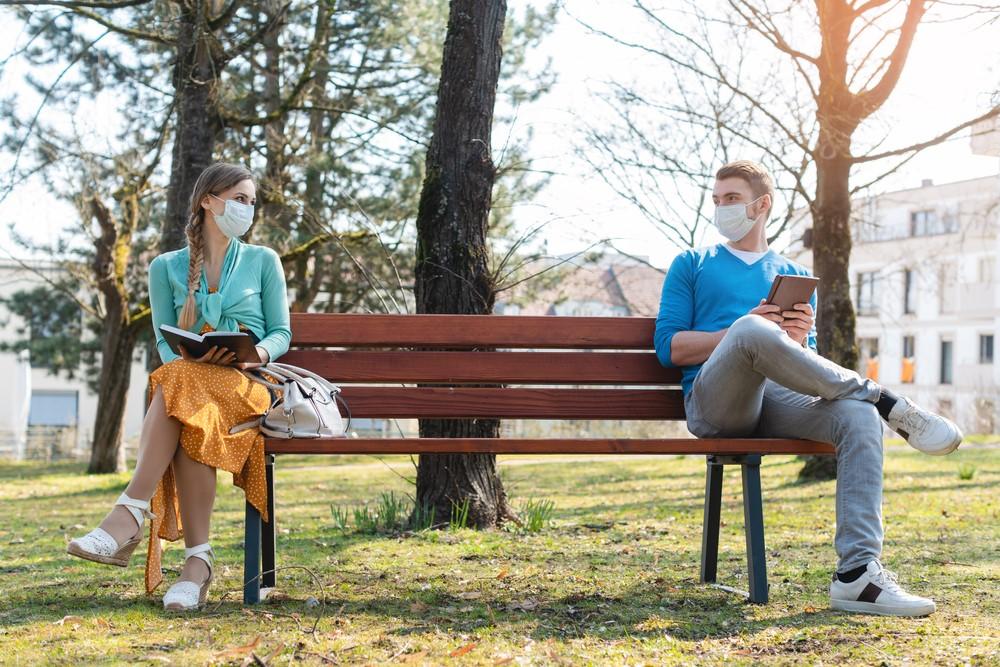
COVID-19 has exposed a major gap in our nation’s ability to respond to pandemic disease: How do we protect public health and safety without destroying our economy or eroding our right to life, liberty, and property?
Oregon’s response so far has been to err on the side of caution, which is the right priority. Public health and safety should always be the state’s foremost concern. But jobs and civil liberties matter, too. And the longer Oregon remains under a stay-at-home order, the more financial distress it will mean for hard-working Oregonians who are struggling to put food on the table and make ends meet, and the more it strains our right to due process.
In that respect, the Liberate Oregon protesters who gathered at the state capitol in Salem last weekend have a legitimate point, albeit one made by exposing themselves and others to infection. Oregonians should be free to exercise their rights within the limits of due process. This concept, radical at its inception, is now the core of our democracy.
Any policy response to COVID-19 -- or any other pandemic that the future may hold -- must therefore protect public health and safety without ignoring economic imperatives and constitutional concerns. With that in mind, I propose a new solution which employs market-based incentives to keep our communities safe and productive without encroaching on our right to due process.
The Legislature should establish an affirmative duty to abide by social distancing guidelines during a pandemic emergency. Doing so would balance public health and safety with the need to keep Oregon’s economy open -- and it would do so without sacrificing civil liberties. Here is how it would work:
First, the state should presume that Oregonians, given adequate information, will make the right choices about their health and safety. Those who practice social distancing and other public health guidelines should be free to live, travel, and work without interference. Most people will exercise good judgement and adhere to those guidelines, just as we exercise good judgement and adhere to the societal guidelines for responsible drinking. But as with drunk driving, there will always be a few who throw caution to the wind and do as they please,
Second, those reckless few who choose not to practice social distancing according to guidelines should be held accountable for their failure to do so. Thus, the Legislature should require anyone with an infectious disease admitted to a hospital during a pandemic to attest to their compliance to social distancing guidelines. If, God forbid, stocks of critical supplies and equipment like ventilators are oversubscribed, then health care practitioners should be empowered to use those compliance scores to help determine which patents receive that equipment.
Third, it is true that reckless individuals will have an incentive to lie on their admission form about their fidelity to social distancing guidelines. But insurers and anyone harmed by their dishonesty -- that is, anyone denied critical supplies or equipment -- would then have a basis to seek damages in court. In other words, if you lie, your insurer, and the insurer of anyone else affected by the recklessness, could consider it insurance fraud and cancel the policy and all its coverages. Additionally, the information provided on the compliance questionnaire would be supplied to what is known as the Medical Information Bureau which serves as a database of information to see what you have attested to on previous questionnaires-insurers already use the information bureau to determine whether people are consistently answering truthfully, and it is a tough system to cheat.
My proposal, thus, functions like Ronald Reagan’s old adage: “trust, but verify.”
COVID-19 has exposed the weaknesses of our pandemic response systems. However, a solution is within reach, the tools to create it are present, and regardless of our various ideologies, we share a respect for common sense and personal responsibility serving as the foundation for it.
Sean Scorvo is a business owner, cofounder of a medical security/fraud detection company, retired emergency room physician and candidate for House District 23. You can reach him at [email protected].